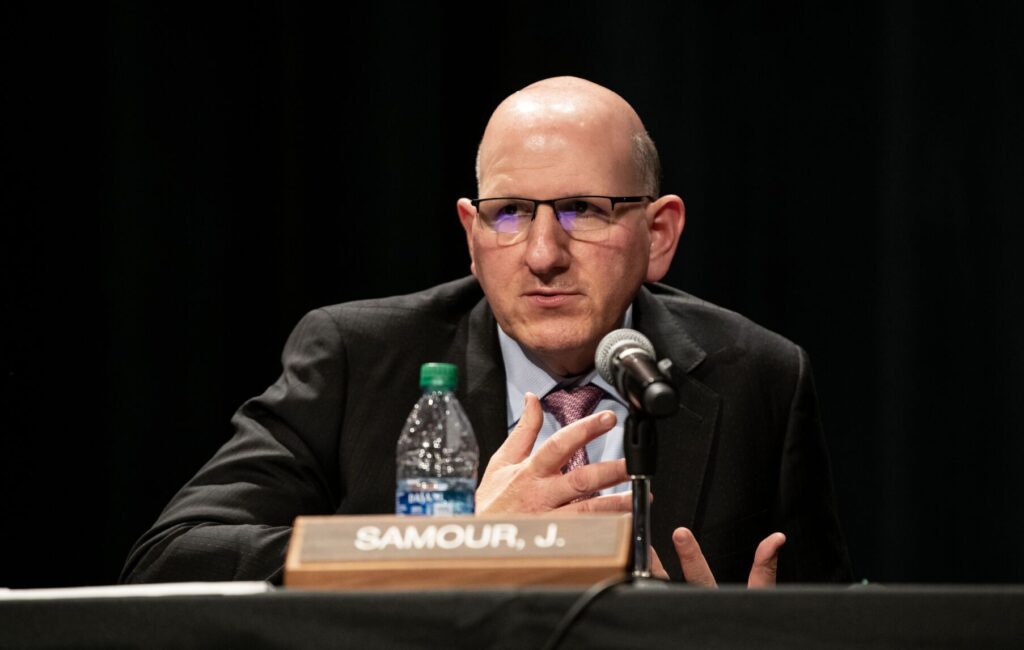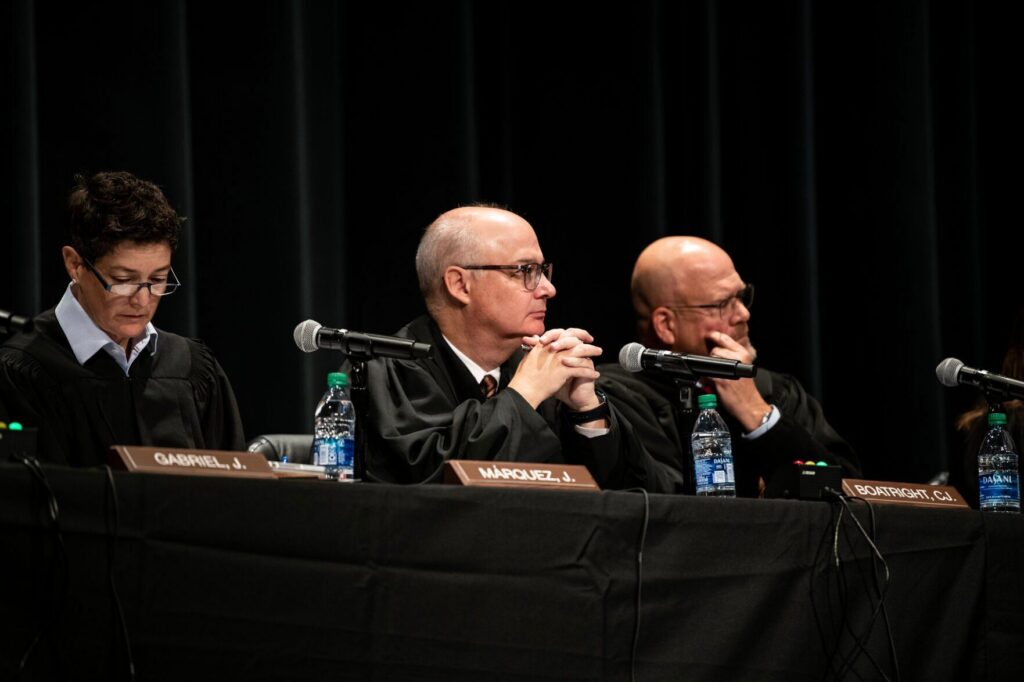10th Circuit upholds $20M award to Fort Collins after jury found vendor acted fraudulently
The Denver-based federal appeals court on Wednesday upheld a jury’s verdict finding a technology vendor made false representations to Fort Collins when attempting to secure a contract, for which the company must pay nearly $20 million.
After Fort Collins voters approved the creation of municipal broadband in 2017, the city sought a provider to develop a utility billing system that would incorporate the new Internet service — ultimately choosing Open International, LLC. Over the next few years, Fort Collins and Open would disagree who was responsible for the missed deadlines, with Open blaming the city for failing to provide the staff and Fort Collins insisting Open misrepresented its ability to deliver the product.
Following a 2023 trial, jurors concluded it was Open that fraudulently represented itself to the city. As a result, the contract was rescinded and U.S. District Court Judge Charlotte N. Sweeney awarded nearly $20 million in restitution to Fort Collins.
Open appealed to the U.S. Court of Appeals for the 10th Circuit, arguing there was insufficient evidence for the jury’s verdict, the vendor contract precluded the city’s claims and Fort Collins waited too long before attempting to rescind the contract. A three-judge panel disagreed on all counts.
While there may have been clear warning signs early on, the question was whether Fort Collins was “acting like everything was okay under the contract and then turning around and seeking recovery for the very conduct it chose to ignore,” wrote Judge Gregory A. Phillips in the July 23 opinion. It was “the jury’s role to assess the witnesses’ credibility and weigh the evidence.”
Although the beleaguered software project experienced 29 changes and multiple attempts to resolve the issues over three years, jurors heard evidence that Open had engaged in fraud when seeking the contract:
• Open had represented that 90% of the project’s requirements were functional in its existing software, but internally it estimated that it only met 59% of requirements
• Open had made estimates for its “homegrown” software, but it intended to provide Fort Collins with software from a third party
• Only in mid-2021, shortly before terminating the contract, did Fort Collins determine Open’s initial claims about its software’s capabilities were false
After the trial, Sweeney rejected Open’s request to set aside the verdict. She found the evidence supported the decision and Fort Collins had not given up its right to rescind the contract by continuing to work with Open even after problems developed.
“I think what was happening was the city was working in good faith to try and make this product work because it had already invested a substantial sum into it, and abandoning it without proper reason would not have been advisable,” she said. “But once it was learned as to the complete and utter deficiency of the product through the functional review, it did elect to terminate the contract.”
On appeal, Open argued the city’s fraudulent inducement claim should have been prohibited by the “economic loss rule,” which dictates that litigants who suffer financial losses from a breach of contract must stick to that claim, and cannot sue on other grounds unless the law provides grounds for doing so. But the 10th Circuit panel questioned why the rule was relevant when Open’s misrepresentations happened before they had signed any contract.
“Let’s say you hired me to mow your lawn and I tell you, ‘Oh, I I have mowed thousands of lawns. I’ve never had a customer dissatisfied.’ And you hire me. … And I start cutting grass and I don’t know how to turn the lawnmower on,” said Judge Robert E. Bacharach during oral arguments in May. “Isn’t that exactly what we have here? It’s not exactly lying after the act. It’s lying before the act and precluding other people from getting the job.”
“There was an independent duty not to lie,” agreed attorney Case L. Collard, representing Fort Collins.
The panel ultimately agreed Open’s fraud occurred separately from the contractual terms.
The contract “warranted only the quality of Open International’s performance, not the accuracy of Open’s representations about its capabilities,” wrote Phillips.
Although there was conflicting testimony about the nature of the red flags and the timing of the city’s knowledge, the 10th Circuit saw no grounds to overturn the jury’s ultimate finding.
The case is City of Fort Collins v. Open International, LLC et al.













